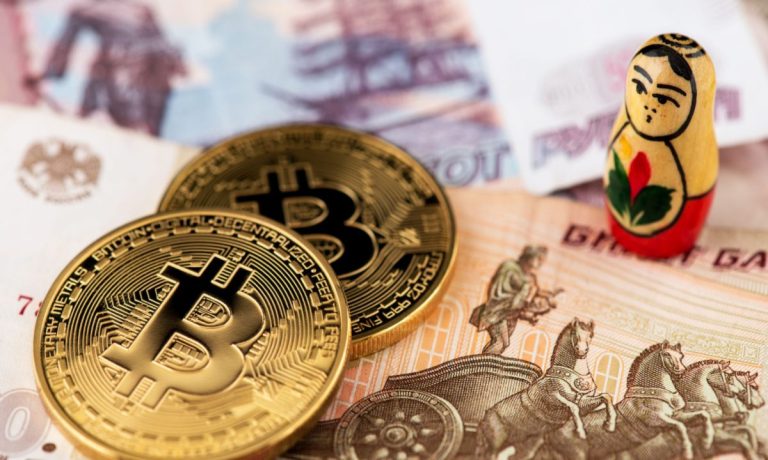Putin Bans Digital Payments in Russia

Russian President Vladimir Putin has signed a law that bans digital payments, according to news reports and a post Thursday (July 14) on the Russian assembly’s — the Duma — website.
The Duma approved the law on July 8, thus forbidding the use of digital securities and tokens in paying for goods and services in Russia. The law is an extension of an earlier law that banned cryptocurrencies from being used in payments.
See also: Russian Lawmakers Consider Bill to Ban Crypto Payments
The ban comes amid considerable opposition from Russian finance authorities on the use of cryptocurrencies, the argument being that they threatened the country’s stability.
Earlier this year, the country’s central bank said financial institutions should be barred from carrying out operations using crypto and proposed for a ban on crypto exchanges. The bank noted that Russians are active in the world of crypto, transacting about $5 billion per year.
The proposed ban was part of a worldwide crackdown on cryptocurrency as many governments had concerns that digital currencies would disrupt their financial systems.
Read more: Crypto Regulation in Russia is Still an Unresolved Matter
“The best solution is to introduce a ban on cryptocurrency mining in Russia,” the bank said.
Then came Russia’s invasion of Ukraine, and officials began discussing the use of crypto for foreign settlements as a way to get around sanctions from the west.
Russia’s Minister of Finance Anton Siluanov has taken a different perspective from the central bank. He has said cryptocurrency should be regulated rather than banned in Russia, and argued crypto trading should be legalized through the nation’s banks.
For all PYMNTS EMEA coverage, subscribe to the daily EMEA Newsletter.